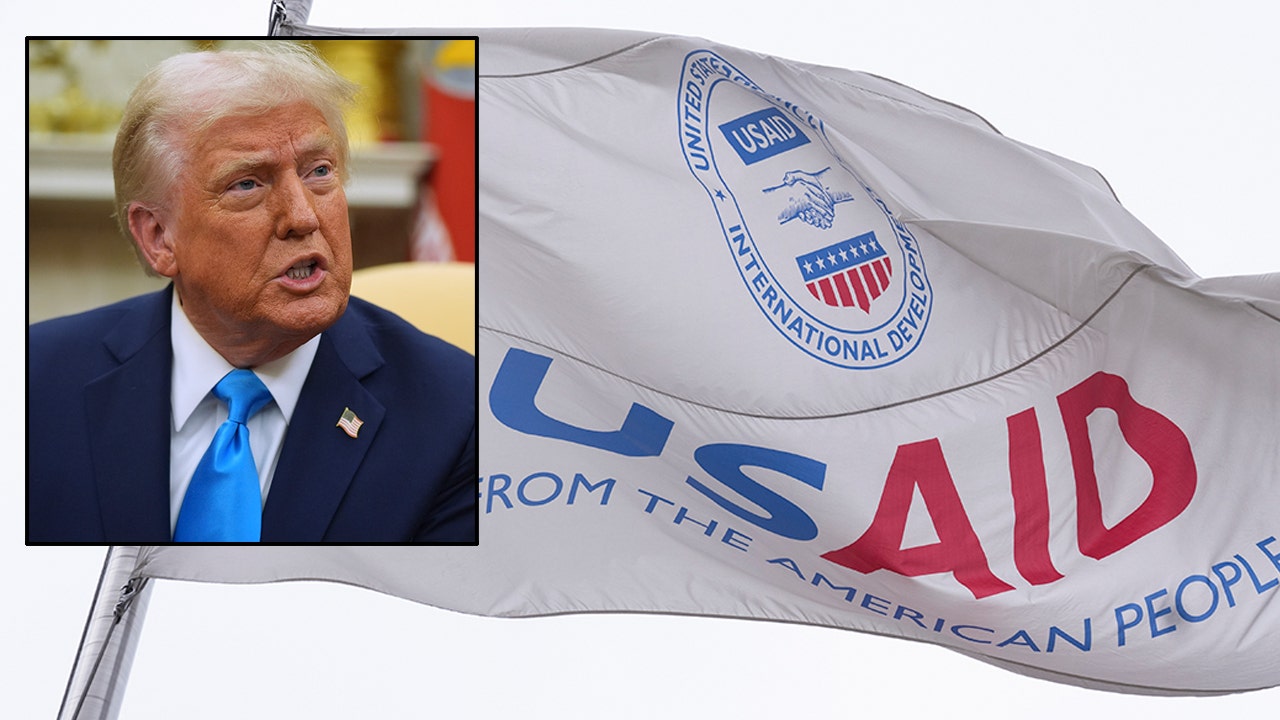Trump admin to slash 1,600 USAID positions just before midnight

The Trump administration’s recent decision to eliminate over a thousand positions at the U.S. Agency for International Development (USAID) has sent shockwaves through the organization and the international aid community. The move, which also includes placing the majority of remaining staff members on administrative leave globally, is seen as a major blow to the agency’s ability to carry out its critical work.
According to reports, 1,600 positions are set to be eliminated, leaving fewer than 300 staffers on the job out of the current 8,000 contractors and direct hires. The remaining staff, along with an unknown number of the 5,000 locally hired international staff members abroad, will be responsible for running the few life-saving programs that the administration has decided to keep in place for the time being.
The decision has sparked outrage among USAID workers, many of whom were seen leaving their offices for the last time on Friday. Some carried boxes scrawled with messages seemingly directed at President Trump, who is behind the workforce reductions. Messages such as “We are abandoning the world” and “You can take the humanitarians out of USAID but you can’t take the humanity out of the humanitarians” were written on the boxes, reflecting the deep sense of disappointment and frustration felt by those affected.
The situation has been further complicated by a lawsuit filed by government employee unions seeking to stop the mass layoffs. Despite a temporary restraining order issued by U.S. District Judge Carl Nichols being lifted, no long-term order was issued to prevent the employees from being dismissed.
President Trump’s decision to appoint Secretary of State Marco Rubio as the acting director of USAID has also raised concerns within the aid community. The agency has faced criticism for alleged wasteful spending, with examples such as funding a Sesame Street show in Iraq and supporting a Gaza-based charity with ties to terrorism.
As the fallout from these layoffs continues to unfold, the future of USAID and its ability to carry out its vital humanitarian work remains uncertain. The international aid community is watching closely to see how this development will impact global efforts to alleviate poverty, promote stability, and provide assistance to those in need.




